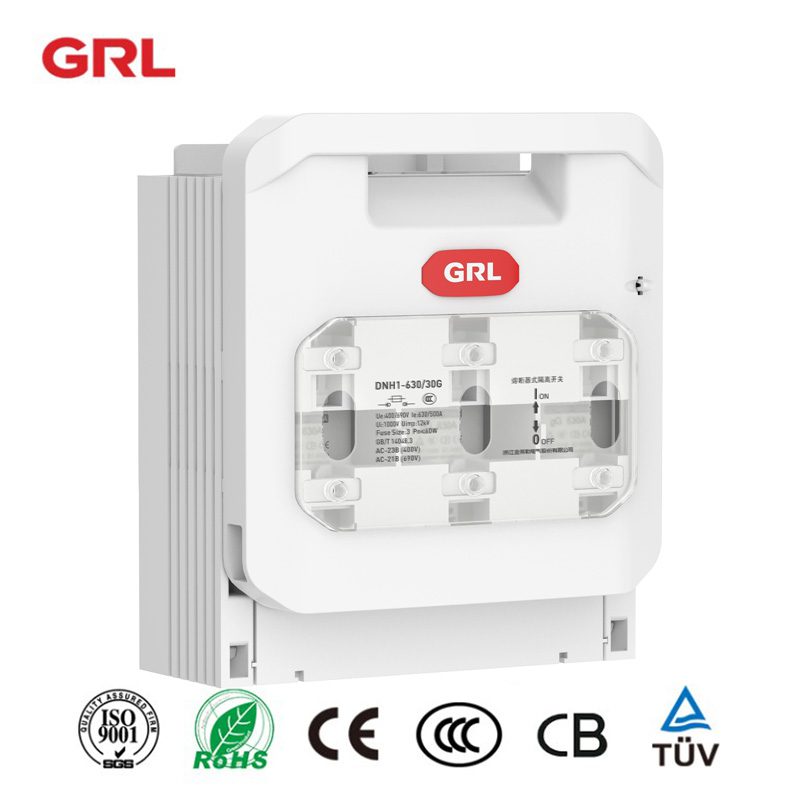Fuse Isolator: Essential Protection for Electrical Circuits

本身
html
Fuse Isolator: Essential Protection for Electrical Circuits
In the world of electrical engineering and circuit design, safety and reliability are paramount. One of the key components that ensure both is the fuse isolator. This device plays a critical role in protecting electrical circuits from overcurrents, short circuits, and other potential hazards.
What Is a Fuse Isolator?
A fuse isolator is a combination of a fuse and an isolator switch. It serves two primary functions: providing overcurrent protection through the fuse and allowing safe isolation of the circuit for maintenance or repairs via the isolator. This dual functionality makes it an indispensable component in many electrical systems.
How Does a Fuse Isolator Work?
The fuse isolator operates on a simple yet effective principle. The fuse element is designed to melt and break the circuit when the current exceeds a predetermined safe level. Meanwhile, the isolator switch provides a visible break in the circuit, ensuring that no current flows when the switch is in the “off” position. This combination offers both automatic protection and manual control.
Key Benefits of Using Fuse Isolators
Keyword: Fuse Isolator
- Enhanced Safety: Protects both equipment and personnel from electrical faults
- Easy Maintenance: Allows safe isolation of circuits without complete system shutdown
- Cost-Effective: Combines two functions in one device, reducing installation costs
- Reliable Protection: Provides immediate response to overcurrent conditions
Applications of Fuse Isolators
Fuse isolators find applications in various electrical systems, including:
- Industrial control panels
- Power distribution systems
- Motor control circuits
- Renewable energy systems
- Commercial building electrical systems
Choosing the Right Fuse Isolator
When selecting a fuse isolator for your application, consider these factors:
- Current rating (both continuous and breaking capacity)
- Voltage rating
- Type of load (resistive, inductive, or capacitive)
- Environmental conditions (temperature, humidity, etc.)
- Required safety certifications
Installation and Maintenance Tips
Proper installation and maintenance are crucial for optimal performance:
- Always follow manufacturer guidelines for installation
- Ensure proper torque when connecting cables
- Regularly inspect for signs of overheating or damage
- Replace fuses with identical specifications when needed
- Test isolator functionality periodically
Conclusion
The fuse isolator is a vital component in modern electrical systems, offering both protection and control in a single device. By understanding its functions, benefits, and proper selection criteria, electrical professionals can ensure safer and more reliable circuit protection. Whether in industrial, commercial, or residential applications, fuse isolators continue to play an essential role in electrical safety.
